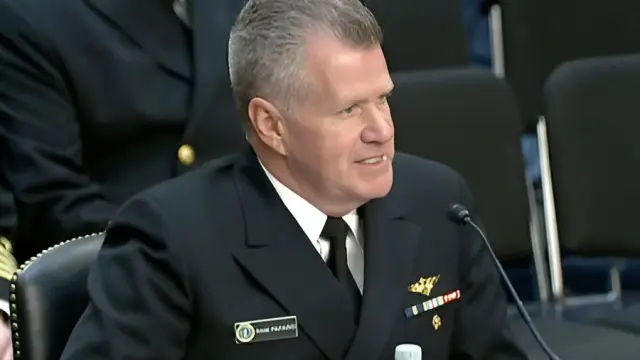Pakistan Railways Hikes Fares Again, Adds 2% Increase Amid Soaring Diesel Costs
Pakistan Railways has dealt another blow to inflation-weary citizens, announcing a 2% fare hike for passenger, express, and mail trains effective July 4.

Pakistan Railways announced a 2% fare increase for passenger, express, and mail trains, effective from July 4, marking the second hike in just 15 days. This decision has deepened the financial burden on citizens already grappling with rampant inflation. The move, affecting millions who rely on affordable rail travel, has sparked frustration among commuters, particularly low-income families struggling to cope with rising living costs.
Diesel Costs Drive Losses
The fare hike is a response to Pakistan Railways’ mounting financial challenges, with monthly losses averaging PKR 109 million, largely due to soaring diesel prices. As global fuel costs continue to rise, the railway department, a critical lifeline for Pakistan’s transportation network, has been forced to pass on the burden to passengers. The 2% increase, though modest, applies to all express and passenger trains, including advance bookings, further squeezing household budgets in an economy already strained by inflation rates hovering around 12%.
Impact on the Public
For many Pakistanis, trains remain the most affordable mode of long-distance travel, connecting rural areas to urban centers. However, this second fare hike within weeks has left commuters feeling betrayed. Daily wage earners and small business owners, who depend on trains for work and trade, are particularly hard-hit. Social media platforms are abuzz with criticism, with many questioning why the government has not subsidized fuel costs to ease the burden on ordinary citizens.
A Call for Solutions
The repeated fare increases highlight deeper systemic issues within Pakistan Railways, including outdated infrastructure and reliance on diesel-powered trains. Experts urge the government to invest in modernization, such as electrified rail systems, to reduce dependency on volatile fuel markets. As the new fares take effect on July 4, 2025, the public awaits long-term measures to stabilize costs and restore affordability, hoping for relief in an increasingly challenging economic landscape.















